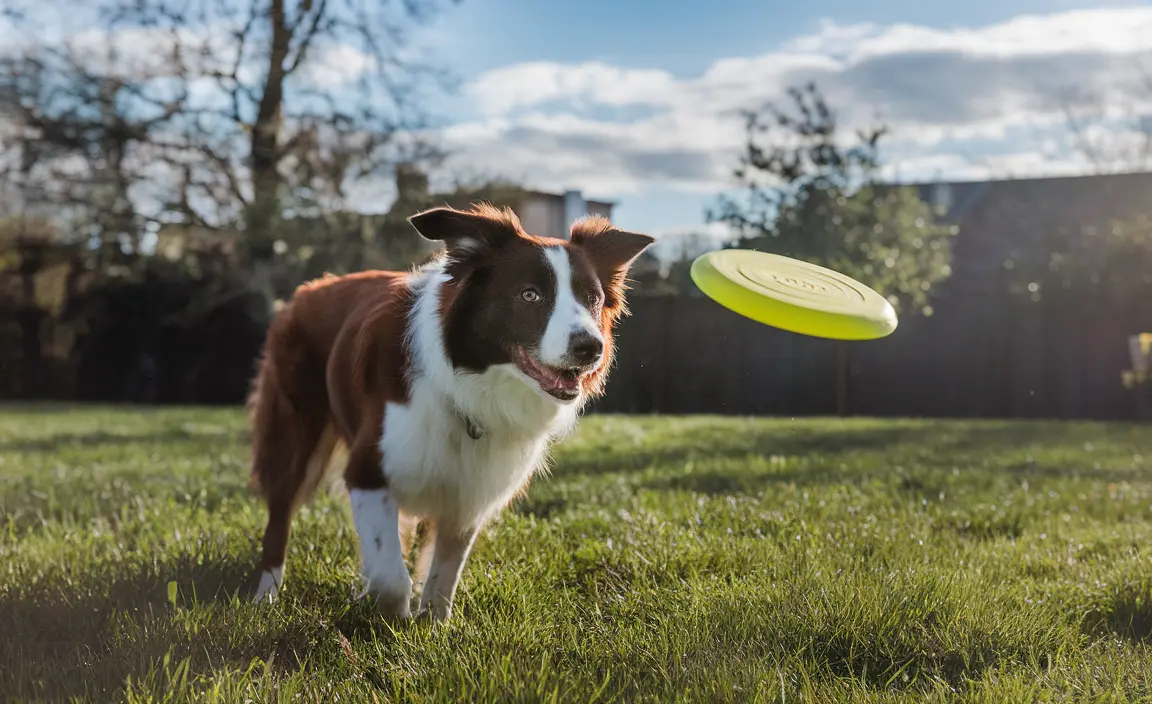When it comes to choosing the perfect canine companion, understanding breed-specific traits can make a world of difference. Herding dogs stand out as a unique and fascinating group of canines, characterized by their intelligence, energy, and remarkable working instincts. From Australian Shepherds to Border Collies, these remarkable dogs bring a special blend of focus, loyalty, and boundless enthusiasm to any household.
Whether you're an active family considering a four-legged addition or simply curious about these remarkable working breeds, this comprehensive guide will explore the intricate world of herding dogs, their distinctive personalities, and what makes them such extraordinary companions.
What Defines Herding Dogs?
Herding dogs are working breeds originally developed to manage livestock, a history that has profoundly shaped their behavioral characteristics. Their genetic predisposition goes far beyond simple animal management – these dogs are essentially hardwired for purpose, intelligence, and constant engagement.
Intelligence and Mental Stimulation
At the core of herding dogs' personality is an extraordinary level of intelligence. Border Collies, often considered the Einstein of the dog world, can learn complex commands and display problem-solving skills that continually amaze their owners. This cognitive brilliance means they require substantial mental stimulation to remain happy and balanced.
Energy and Exercise Requirements
These dogs are not for the sedentary lifestyle. With energy levels that seem almost inexhaustible, herding dogs demand significant daily exercise. A bored herding dog can quickly become destructive, channeling their unused energy into inappropriate behaviors like excessive chasing, nipping, or household disruption.
Behavioral Characteristics of Herding Dogs
Herding Instincts in Domestic Settings
One of the most fascinating – and sometimes challenging – traits of herding dogs is their innate herding behavior. Even without livestock, these dogs will attempt to "herd" family members, particularly children and other pets. This might manifest as circling, gentle nipping, or persistent controlling movements.
Loyalty and Protective Nature
Herding dogs are renowned for their deep loyalty and protective instincts. They form extraordinarily close bonds with their families and are naturally vigilant. This makes them excellent watchdogs who are always alert and ready to defend their loved ones.
Challenges of Herding Dog Ownership
Training and Socialization
Successful herding dog ownership requires commitment to consistent, positive training. These intelligent dogs respond best to structured, engaging training methods that challenge their minds and respect their working heritage. Early socialization is crucial to prevent potential behavioral issues like over-protectiveness or inappropriate herding behaviors.
Suitability for Different Homes
Herding dogs are not universally suitable for every household. They thrive in environments that can provide:
- Extensive daily exercise
- Mental stimulation and challenging activities
- Consistent training
- Large spaces or active lifestyles
Managing Herding Dog Behaviors
Channeling Energy Positively
Owners can help their herding dogs by providing outlets for their natural instincts. Activities like agility training, advanced obedience classes, frisbee, and interactive puzzle toys can help satisfy their need for mental and physical engagement.
Frequently Asked Questions
What are the key personality traits of herding dogs?
Herding dogs are typically intelligent, high-energy, loyal, protective, and have strong working instincts. They require significant mental and physical stimulation.
How much exercise do herding dogs need?
Most herding dogs require at least 1-2 hours of active exercise daily, including both physical activity and mental stimulation.
Are herding dogs good with children?
While herding dogs can be great family pets, their herding instincts might lead to nipping or controlling behaviors. Proper training and supervision are essential.
Why do herding dogs try to herd people or children?
This behavior stems from their genetic predisposition to control and organize movement, a trait developed through centuries of livestock management.
Can herding dogs adapt to apartment living?
Generally, herding dogs are not ideal for small spaces. They require significant exercise and mental stimulation that can be challenging to provide in confined environments.
Understanding herding dogs goes beyond breed stereotypes. While these magnificent animals share certain characteristics, each dog is an individual shaped by genetics, training, and environment. With the right approach, herding dogs can be incredible, loyal, and deeply rewarding companions.






